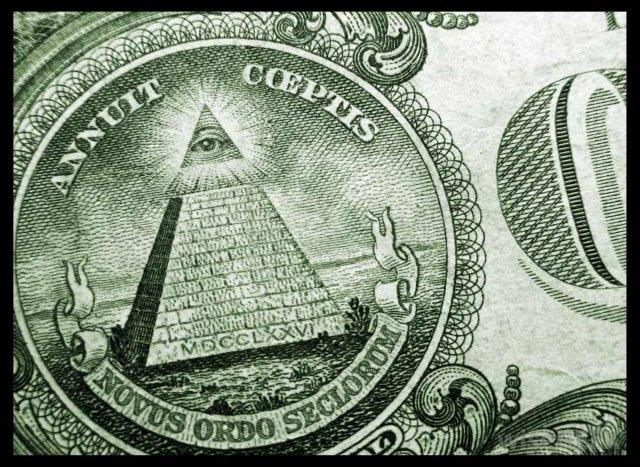By Doug “Uncola” Lynn via TheBurningPlatform.com
In his book, “1984”, George Orwell envisioned a future crushed by the iron grip of a collectivist oligarchy. The narrative told of the INGSOC Party which maintained power through a system of surveillance and brutality designed to monitor and control every aspect of society. From the time of the book’s release in 1949, any ensuing vision of a dark dystopia depicting variations of jackboots stomping on human faces, forever, has been referenced as being “Orwellian”. This is because Orwell’s narrative illustrated various disturbing and unjust conceptualizations of control, crime, and punishment.
For example, “Newspeak” represented the language of mind control, whereas “crimethink”, “thoughtcrime”, and “crimeface” manifested as transgressions against the state. Guilty citizens were captured by the “Thought Police”, and the ultimate punishment consisted of “vaporization”; which eliminated every last vestige of a person’s existence.
In the horrifying world of 1984, the nation of Oceania was divided into three concentric groups: The Inner Party, the Outer Party, and the Proles, or proletariat. The Proles constituted 85% of the population and lived in extreme privation. The Inner Party represented the elite powerbrokers who led lives of comprehensive luxury compared to the minions in the Outer Party.
Continue reading “Ten Ways the Democratic Northern Hemisphere Nations Became the Orwellian West”





